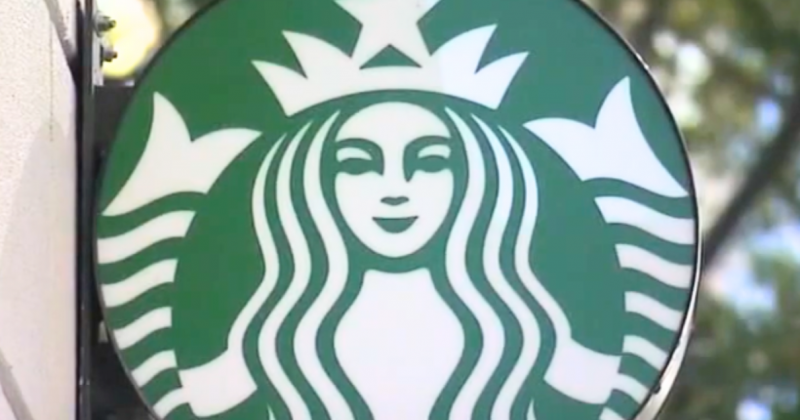Starbucks has unveiled sweeping measures to address ongoing struggles in its business, announcing the closure of hundreds of cafés and an additional round of layoffs at its headquarters.
The moves were outlined Thursday by CEO Brian Niccol, who described the actions as “significant” and necessary to strengthen the company’s long-term prospects.
The closures will account for roughly 1 percent of Starbucks’ North American footprint.
The company reported 18,734 stores in the region as of the end of June but expects to finish September with approximately 18,300.
The accelerated closures will take place before the end of Starbucks’ fiscal year, which concludes next week.
Starbucks said the closures are part of a broader restructuring plan that is expected to cost about $1 billion.
Investors showed little immediate reaction to the announcement, with Starbucks (SBUX) shares flat in premarket trading on Thursday.
In a letter to employees, Niccol explained the rationale behind the closures.
He said Starbucks had conducted a review of its existing store base, identifying cafés “unable to create the physical environment our customers and partners expect, or where we don’t see a path to financial performance.”
Niccol stressed that Starbucks frequently closes underperforming locations but emphasized that this particular initiative is broader in scope, per CNN reporting.
“This is a more significant action that we understand will impact partners and customers. Our coffeehouses are centers of the community, and closing any location is difficult,” he said.
While hundreds of locations are set to close, Starbucks also announced plans to remodel more than 1,000 stores.
CNN noted that the remodels will feature redesigned interiors that include cozier seating, additional power outlets for customers, and warmer color schemes aimed at creating a more inviting atmosphere.
The restructuring goes beyond retail closures.
Starbucks also confirmed an additional 900 layoffs at its corporate offices, adding to the 1,000 positions already eliminated in February.
Affected workers will be notified Friday, and Niccol said the company will provide “generous severance and support packages.”
The company also stated that “many” currently open job postings will be closed as part of the cuts.
“I know these decisions impact our partners and their families, and we did not make them lightly,” Niccol told employees in the letter.
“I believe these steps are necessary to build a better, stronger and more resilient Starbucks that deepens its impact on the world and creates more opportunities for our partners, suppliers and the communities we serve.”
The latest restructuring represents a key moment for Niccol, who has been at the helm of Starbucks for nearly one year.
He was brought in with the expectation that he could reverse declining performance at the global coffee chain, but the turnaround has yet to materialize.
Starbucks stock is down roughly 12 percent during his tenure, and sales have not met company expectations.
Since joining, Niccol has overseen a number of changes aimed at refreshing the Starbucks brand.
The company trimmed its menu offerings by about 30 percent, streamlining operations while introducing trend-focused items such as protein toppings and coconut water.
These efforts were designed to modernize the product mix and appeal to evolving consumer preferences.
Food offerings have also been a major focus of Niccol’s strategy.
Starbucks has rolled out new croissants and baked goods nationwide, while also introducing small touches to improve the customer experience.
Those changes included restoring self-serve milk and sugar stations and adding doodles to coffee cups as a way to boost the brand’s community feel.
Starbucks also recently updated its corporate name, reverting back to “Starbucks Coffee Company.”
The change was intended to reinforce the company’s core identity as a coffee brand during a time of transition and heightened competition in the café sector. However, some of Niccol’s initiatives have met resistance.
CNN reported that uniform policy changes sparked a lawsuit involving baristas, while certain newly introduced drinks have been criticized internally for being overly complicated to prepare, particularly during busy hours.
Baristas have expressed concerns that these specialty beverages slow down service times and add stress during peak shifts, per The New York Times.
Despite these challenges, Niccol has consistently emphasized his focus on positioning Starbucks for long-term success.

